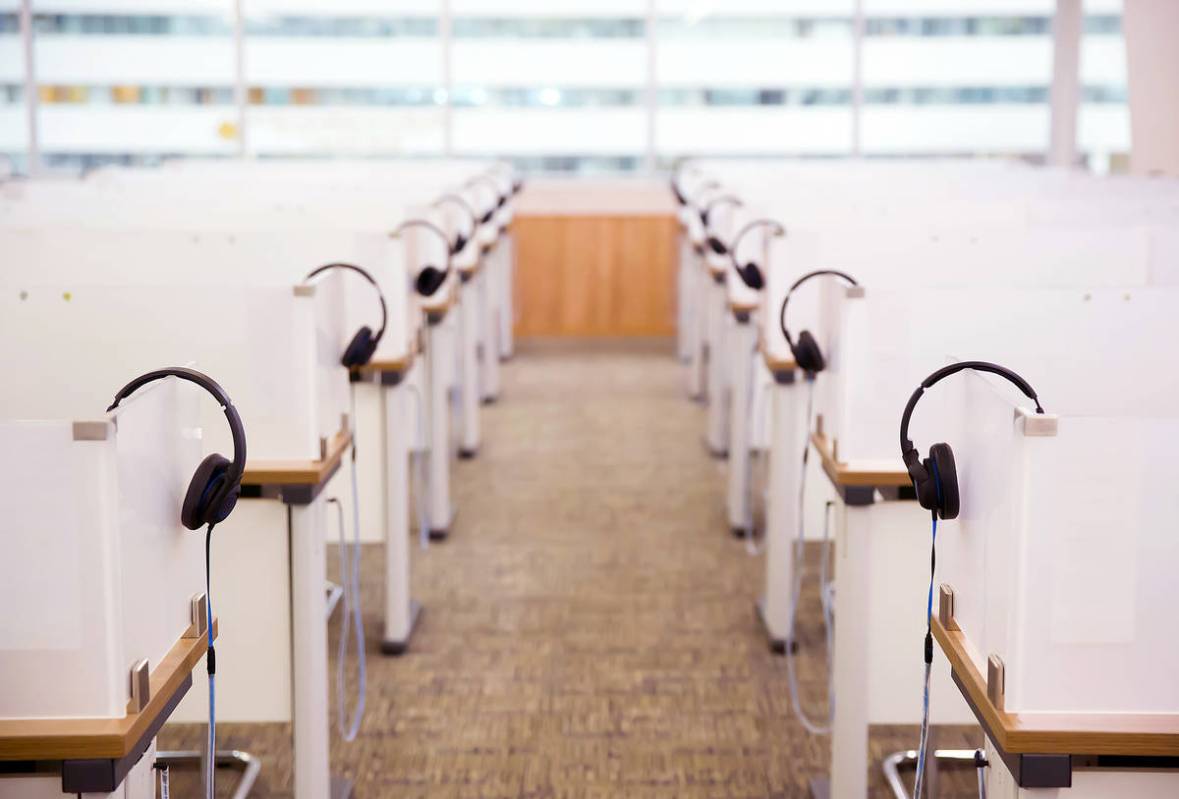
As COVID-19 cases increase and strain emergency rooms, people are becoming hesitant to call 9-1-1.
The American Heart Association’s Get With The Guidelines database reflects a reduction in the number of reported heart attacks and strokes, and experts do not believe the number of heart attacks and strokes has decreased significantly.
Calling 9-1-1 is still the best way to experience life-saving treatments if someone is experiencing symptoms of a heart attack or a stroke.
The fact is that heart attacks, strokes and cardiac arrests don’t stop for COVID-19, and while the AHA is working tirelessly to reduce the impact of COVID-19, those situations are always urgent. The AHA urges people who feel symptoms to call 9-1-1 because emergency workers know what to do.
Most heart attacks involve discomfort in the center of the chest that lasts more than a few minutes, which can feel like uncomfortable pressure, squeezing, fullness or pain. Symptoms can include pain or discomfort in one or both arms, the back, neck, jaw or stomach. Other possible signs include a cold sweat, nausea or lightheadedness.
The most common heart attack symptom for women is chest pain, while some women are more likely to experience shortness of breath, nausea/vomiting and back or jaw pain.
Stroke symptoms include one side of the face drooping, numbness in the face or weakness or numbness in one arm. Ask the person to smile and raise both arms. Speech can be slurred and some people experiencing a stroke are unable to speak. Ask the person to repeat a simple sentence.
If the person shows any of these symptoms, even if they go away, call 9-1-1 and get them to a hospital immediately.
Cardiac arrest occurs when the heart malfunctions and stops beating unexpectedly. Within seconds, a person becomes unresponsive, is not breathing or is only gasping. Survival depends on getting immediate CPR.